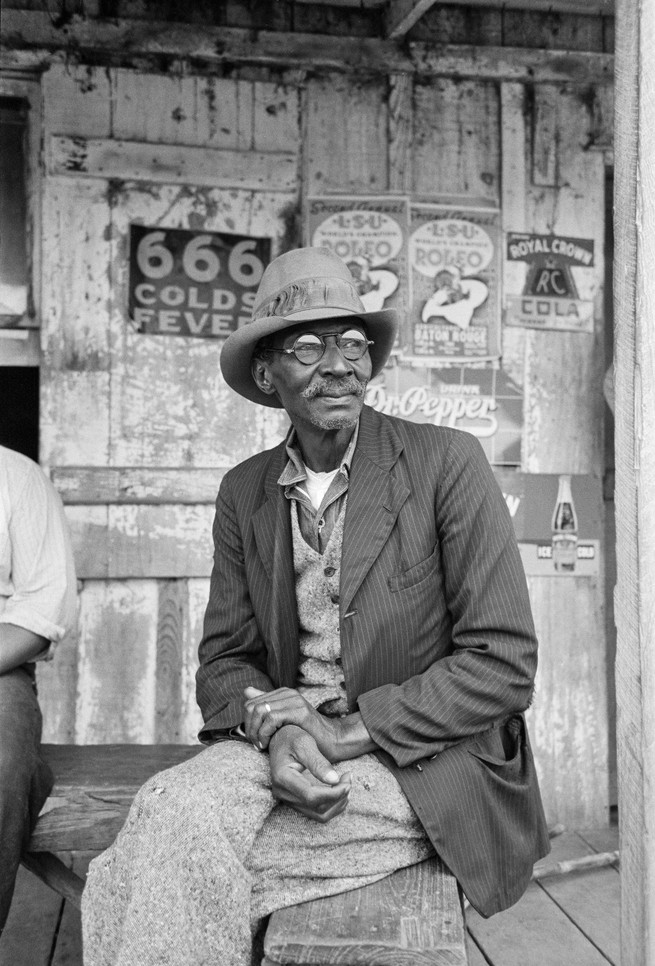Wednesday
As Tennessee experiences frigid temperatures (frigid for Tennessee, that is—the twenties are mild for other parts of the country), I’ve been tending to our wood stove and thinking of Robert Hayden’s “Those Winter Sundays.” Yesterday I welcomed in “Black History Month” with a series of history poems, but this intimate poem is my favorite lyric by an African American author. While appearing to be a simple account of a father getting up early to tend to a fire, the poem explores a wide range of emotions. The final two lines throw me back in my chair every time I read them:
Sundays too my father got up early
and put his clothes on in the blueblack cold,
then with cracked hands that ached
from labor in the weekday weather made
banked fires blaze. No one ever thanked him.
I’d wake and hear the cold splintering, breaking.
When the rooms were warm, he’d call,
and slowly I would rise and dress,
fearing the chronic angers of that house,
Speaking indifferently to him,
who had driven out the cold
and polished my good shoes as well.
What did I know, what did I know
of love’s austere and lonely offices?
One senses it has not been easy to grow up in this household given its “chronic angers.” Perhaps the cold in the house is emotional as well literal, with the boy feeling he must tiptoe around his father to avoid setting off an explosion. The boy certainly has learned to hide his own feelings (he speaks “indifferently”). There aren’t too many hugs or thank yous here. In fact, none.
And yet this man, beaten down by his work, braves the cold to keep his family warm. Not only that but, in a wonderful small touch, he polishes his son’s church shoes. Looking back, the son is amazed by what his father did for him. When he repeats, “What did I know,” it’s to emphasize how much he overlooked the love that was there. His use of the word “offices” gives these small actions a ceremonial, almost religious feel: love has its rituals that are no less powerful for being austere.
The poem is a testimony to all who serve quietly without drawing attention to themselves. Hayden’s recollection reminds me of Wordsworth mentioning, in Tintern Abbey, those “little, nameless, unremembered, acts of kindness and of love” that “have no slight or trivial influence on that best portion of a good man’s life.” Hayden’s view is a bit more mixed because these acts are also intertwined with chronic angers. Still, the poem is a wonderful testimony to what parents will do for their children. It is also a thank you, one that comes years later and perhaps even after the parent has died.
Now that he is older, Hayden has learned about love. Thanks to his poem, I think of my tending the fire in the morning as my own act of love for my mother and my wife.
